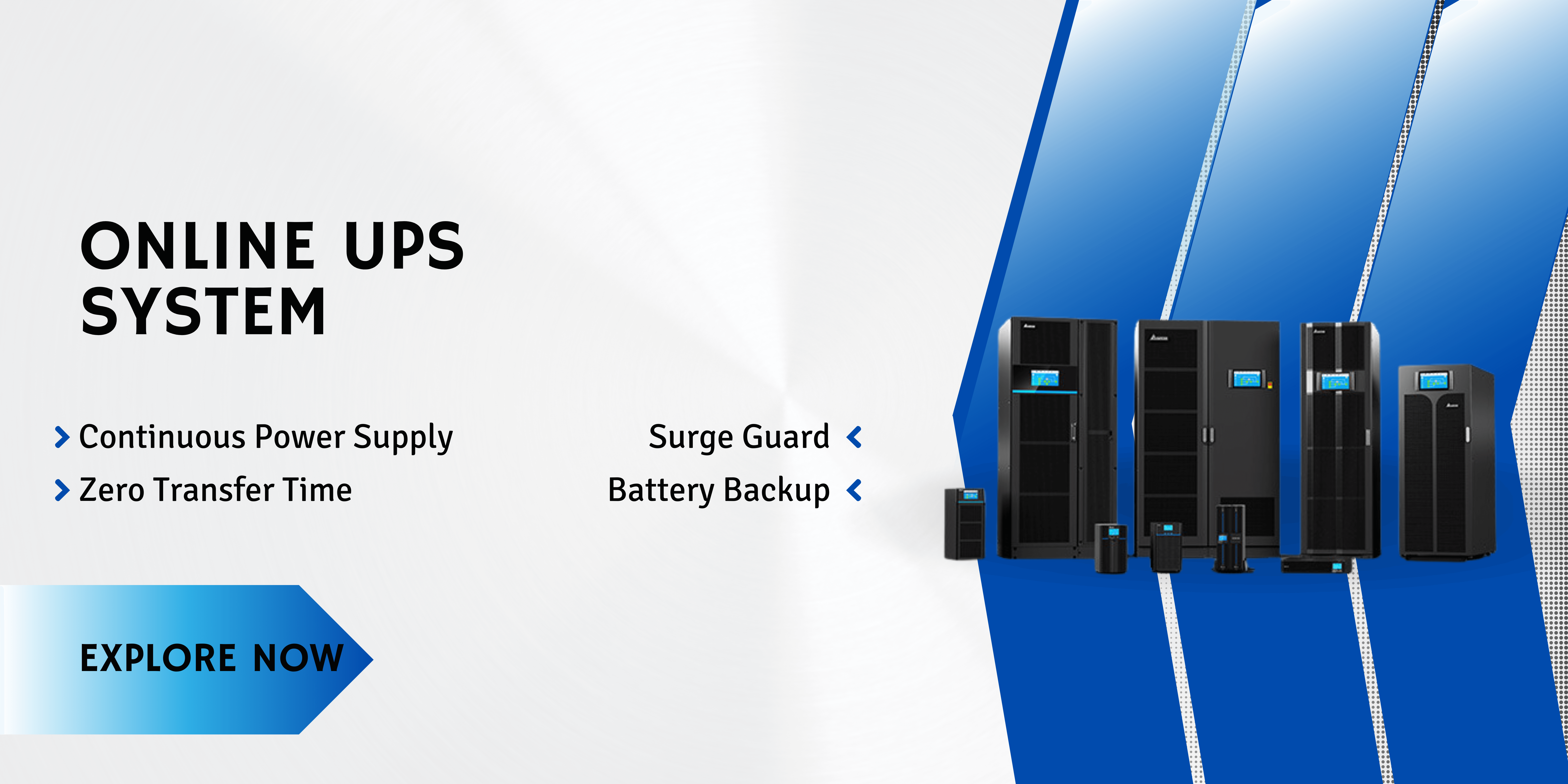UPS Maintenance: Extending the Life of Your Backup Power
Your UPS is your unsung hero, silently guarding your critical systems against power outages. But like any valuable asset, it requires care to ensure optimal performance and longevity. Regular UPS maintenance is key to extending its lifespan and preventing unexpected downtime. In this blog, we’ll delve into essential maintenance tips to keep your UPS in top shape.
Understanding the Importance of UPS Maintenance
Neglecting UPS maintenance can lead to a host of problems, including:
- Reduced battery life: Over time, batteries degrade, and improper care accelerates this process.
- Decreased backup time: A poorly maintained UPS might fail to provide adequate backup power during outages.
- System failures: Overheating, component wear, and other issues can lead to unexpected breakdowns.
- Data loss: Power surges and fluctuations can corrupt data if your UPS isn’t functioning optimally.
Essential UPS Maintenance Tips
- Regular Battery Testing:
- Most UPS units have a built-in self-test function. Utilize it regularly to assess battery health.
- For critical applications, consider load testing to evaluate the UPS’s ability to handle actual loads.
- Replace batteries as recommended by the manufacturer or when performance declines significantly.
- Environmental Factors:
- Maintain proper ventilation around the UPS to prevent overheating.
- Avoid placing the UPS in areas with extreme temperature fluctuations or humidity.
- Keep the UPS clean and free of dust to optimize airflow.
- Power Quality:
- Install surge protectors to shield your UPS from power spikes and surges.
- Regularly inspect power cords and outlets for signs of wear or damage.
- Load Management:
- Avoid overloading the UPS, as this can strain components and reduce battery life.
- Match the UPS’s capacity to the equipment it protects.
- Regular Inspections:
- Visually inspect the UPS for any signs of damage, such as cracks, leaks, or loose connections.
- Check for warning lights or error messages.
- Listen for unusual noises that might indicate a problem.
- Professional Maintenance:
- Consider scheduling professional maintenance checks for your UPS, especially for critical systems.
- Trained technicians can identify potential issues and perform necessary repairs.
Extending Battery Life
- Avoid Deep Discharges: Frequent complete discharges can shorten battery life.
- Temperature Control: Store batteries in a cool, dry place when not in use.
- Regular Charging: Keep batteries partially charged to maintain optimal condition.
By following these UPS maintenance guidelines, you can significantly extend the life of your backup power system and ensure it’s ready to protect your valuable equipment when needed. Remember, prevention is key to avoiding costly downtime and data loss.




Hi, this is a comment.
To get started with moderating, editing, and deleting comments, please visit the Comments screen in the dashboard.
Commenter avatars come from Gravatar.